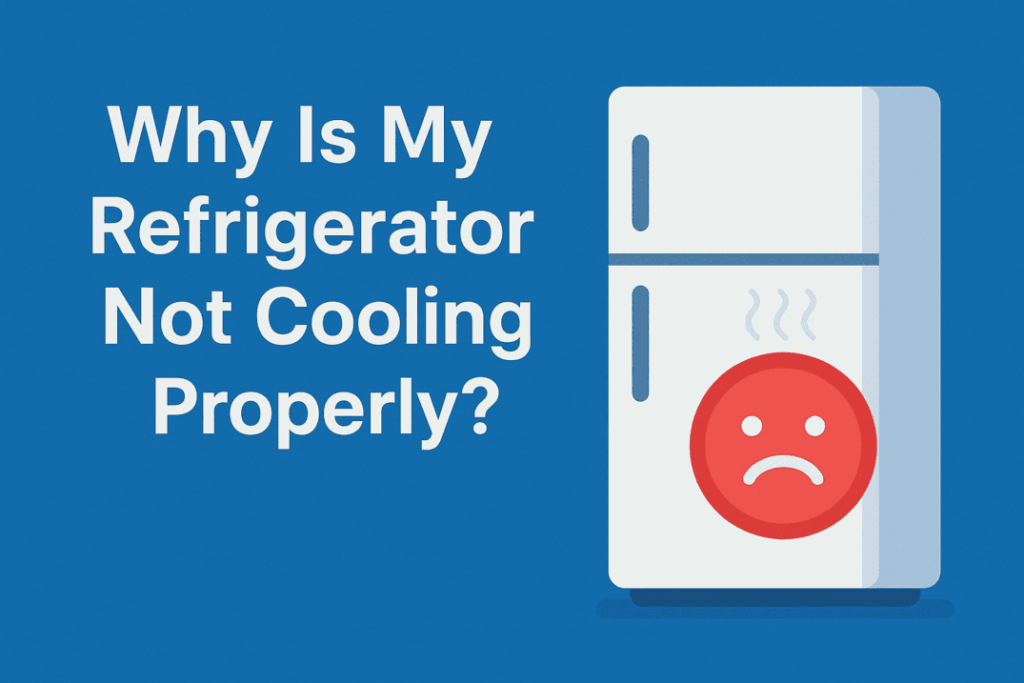When it comes to maintaining a functional and efficient plumbing system in your home or business, the importance of pumps cannot be overstated. Whether you’re dealing with water supply, wastewater management, or drainage, Nassau County Pump Installations play a crucial role in ensuring your plumbing system operates smoothly. This guide will cover the different types of pumps, the installation process, the benefits of professional installation, and tips for selecting the right service in Nassau County.
Understanding Pumps
Pumps are mechanical devices designed to move fluids—liquids or gases—from one place to another. In residential and commercial settings, pumps are commonly used for:
- Water Supply: Ensuring a steady supply of water for drinking, cooking, bathing, and irrigation.
- Sewage and Wastewater Management: Moving sewage from homes to septic systems or municipal sewage systems.
- Drainage: Removing excess water from basements, low-lying areas, or construction sites.
Types of Pumps
Several types of pumps are used in Nassau County, each designed for specific applications. Understanding these types can help you determine which pump is best suited for your needs.
- Submersible Pumps
Submersible pumps are designed to be submerged in the fluid they are pumping. Commonly used for removing water from basements, they are efficient and can handle both clean and dirty water. These pumps are sealed to prevent damage from moisture and debris.
- Sump Pumps
Sump pumps are a specific type of submersible pump used primarily for draining excess water from basements and crawl spaces. They help prevent flooding by automatically activating when water levels rise, making them essential in areas prone to heavy rainfall.
- Ejector Pumps
Ejector pumps are used to move sewage from below-grade plumbing fixtures to the main sewer line. They are essential for homes with basements that contain bathrooms or laundry rooms. These pumps handle both solids and liquids, making them ideal for wastewater management.
- Jet Pumps
Jet pumps are commonly used for drawing water from wells. They are installed above ground and use a jet of water to create suction that draws water into the system. Jet pumps are effective for shallow or deep well applications.
- Pressure Pumps
Pressure pumps are used to increase water pressure for various applications, including irrigation systems and home water supply. They ensure that water flows efficiently through your plumbing system, especially in larger homes or properties.
The Pump Installation Process
Installing a pump is a task that requires precision and expertise. While some homeowners may consider a DIY approach, professional installation is often the best option for ensuring proper functionality and longevity. Here’s what to expect during a typical pump installation process:
- Assessment and Planning
Before installation, a qualified plumber will assess your property’s needs. This involves evaluating the existing plumbing system, determining the appropriate type and size of the pump, and identifying the best installation location.
- Site Preparation
Depending on the type of pump being installed, site preparation may involve digging a pit for a sump pump, ensuring proper drainage for a submersible pump, or creating access to a well for a jet pump. The site must be clean and free of debris to facilitate a smooth installation.
- Installing the Pump
Once the site is prepared, the plumber will install the pump according to manufacturer specifications. This includes connecting the pump to the necessary plumbing lines and, in some cases, electrical wiring. For sump and submersible pumps, a basin or pit will be installed to house the pump.
- Testing the System
After installation, the plumber will test the pump to ensure it operates correctly. This involves checking for leaks, verifying that the pump activates and deactivates at the appropriate water levels, and ensuring that it efficiently moves water as intended.
- Final Adjustments and Cleanup
Once the pump is confirmed to be working properly, the plumber will make any necessary adjustments and clean up the installation site. This includes disposing of any debris and ensuring that the area is safe and tidy.
Benefits of Professional Pump Installation
Choosing a professional for your pump installation in Nassau County comes with numerous benefits:
- Expertise and Experience
Licensed plumbers have the training and experience needed to handle pump installations. They understand the intricacies of different systems and can troubleshoot potential issues, ensuring that the installation is done correctly.
- Safety and Compliance
Pumps often involve electrical and plumbing work that must adhere to local codes and regulations. Professional plumbers ensure that installations meet all safety standards, reducing the risk of accidents and liabilities.
- Time and Cost Efficiency
Attempting a DIY installation can lead to costly mistakes and prolonged downtime. Professionals can complete the installation more quickly and efficiently, saving you time and potential expenses associated with repairs.
- Warranty and Support
Many plumbing companies offer warranties on their installation work and the pumps themselves. This provides peace of mind and protection against future issues that may arise after installation.
Signs You Need a New Pump
Recognizing the signs that indicate the need for a new pump is crucial for maintaining your plumbing system. Here are some common signs:
- Frequent Breakdowns
If your pump requires constant repairs or is frequently malfunctioning, it may be time for a replacement. Frequent breakdowns can indicate that the pump is nearing the end of its lifespan.
- Insufficient Water Flow
A noticeable drop in water pressure or flow can indicate a problem with your pump. If the pump is not moving water effectively, it may need to be repaired or replaced.
- Unusual Noises
Unusual sounds, such as grinding or rattling, can signal that the pump’s internal components are wearing out. These noises should be investigated promptly to prevent further damage.
- Increased Energy Bills
If your energy bills are rising unexpectedly, it could be due to an inefficient pump working harder than it should. An older or malfunctioning pump can consume more energy, leading to higher costs.
- Old Age
Most pumps have a lifespan of about 10 to 15 years, depending on usage and maintenance. If your pump is approaching this age, it’s wise to consider a replacement to avoid future issues.
Choosing the Right Pump Installation Service in Nassau County
When selecting a pump installation service, consider the following factors to ensure you receive quality service:
- Licensing and Insurance
Ensure that the plumber or plumbing company you choose is licensed and insured. This protects you in case of accidents or damages during the installation process.
- Experience and Reputation
Look for a company with a solid reputation and extensive experience in pump installations. Check online reviews and ask for references to gauge customer satisfaction.
- Transparent Pricing
Obtain detailed estimates from several plumbing companies to compare prices. A trustworthy service will provide a clear breakdown of costs, ensuring you understand what you’re paying for.
- Warranty and Guarantees
Inquire about warranties on both the pump and the installation work. A reputable plumber should stand by their work and offer guarantees to protect your investment.
- Availability of Services
Choose a company that offers comprehensive services, including installation, maintenance, and repair. Having a single point of contact for all your pump needs can simplify the process.
Conclusion
Proper pump installations are essential for maintaining the functionality and efficiency of your plumbing system in Nassau County. Whether you need a sump pump for your basement, a jet pump for your well, or an ejector pump for wastewater management, professional installation ensures that the job is done right. By understanding the types of pumps available, the installation process, and how to select the best service provider, you can ensure that your plumbing system remains reliable for years to come. Investing in quality pump installation will not only protect your property but also enhance your comfort and peace of mind.









